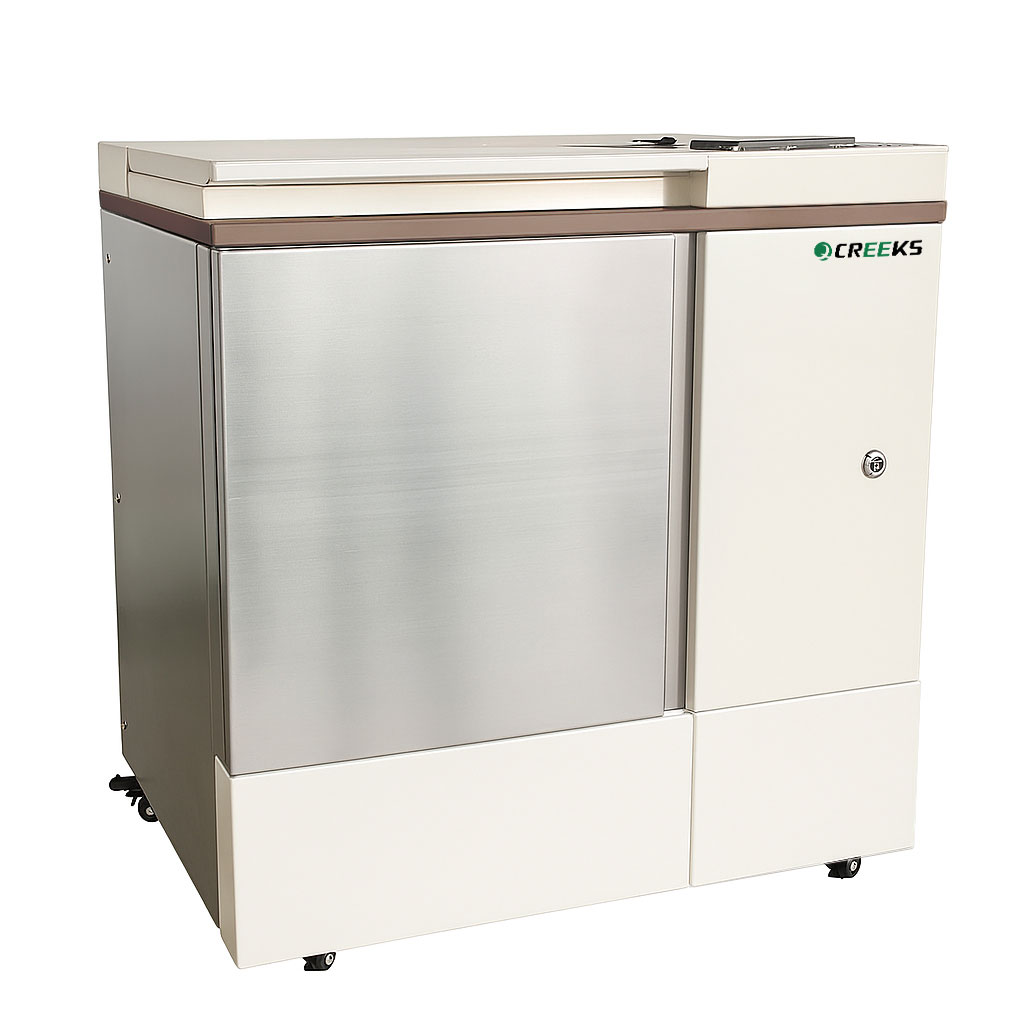The Microorganism Decomposer Machine: Turning Waste into Resource
In a world grappling with mounting organic waste and its environmental impact, a sustainable and efficient solution is gaining prominence: the microorganism decomposer machine. This innovative technology harnesses the ancient, natural process of decomposition and accelerates it within a controlled environment, transforming what we consider “waste” into a valuable resource.
What is a Microorganism Decomposer Machine?
A microorganism decomposer machine is a bio-digester unit that uses a specialized consortium of beneficial bacteria, fungi, and enzymes to rapidly break down organic matter. Unlike traditional composting, which can be slow and messy, these machines create an optimal environment for microorganisms to thrive, significantly speeding up the decomposition process.
Think of it as a high-tech stomach that digests food scraps, garden waste, and other biodegradable materials, converting them into nutrient-rich compost (humus) and sometimes even producing liquid fertilizer as a byproduct.
How Does It Work? The Science Simplified
The operation of these machines can be broken down into a few key steps:
1. Loading: Users add organic waste—such as fruit and vegetable peels, leftover food, coffee grounds, and small garden clippings—into the machine’s chamber.
2. Inoculation: A starter culture of effective microorganisms (EM) is often added. This proprietary mix of aerobic and anaerobic microbes is specifically selected for their powerful decomposing abilities.
3. Optimized Environment: The machine maintains ideal conditions for microbial activity:
- Aeration: Built-in mixers or agitators churn the waste, providing oxygen for aerobic bacteria, which are highly efficient decomposers.
- Temperature: Many machines regulate temperature to stay within the mesophilic (20-45°C / 68-113°F) or thermophilic (45-80°C / 113-176°F) range, which maximizes decomposition speed and kills pathogens and weed seeds.
- Moisture: The environment is kept adequately moist, crucial for microbial survival and function.
4. Decomposition: The microorganisms secrete enzymes that break down complex proteins, carbohydrates, and fats into simpler compounds. This process generates heat and continues rapidly, often reducing waste volume by 80-90% within hours or a few days.
5. Output: The final product is a dark, crumbly, earthy-smelling compost, often referred to as “black gold” by gardeners for its superior quality.

Key Benefits and Advantages
- Speed: Drastically reduces processing time from months (in traditional composting) to as little as 24 hours.
- Odor Control: Closed-system design and efficient microbial activity prevent foul odors, making them suitable for indoor use in homes, restaurants, and supermarkets.
- Waste Reduction: Significantly reduces the volume of waste sent to landfills, thereby lowering methane emissions—a potent greenhouse gas produced by decomposing organic matter in landfills.
- High-Quality Output: Produces a rich, nutrient-dense compost that improves soil health, water retention, and plant growth.
- Convenience and Hygiene: Automated, user-friendly systems make waste disposal clean and effortless, encouraging higher rates of organic recycling.
- Sustainability: Supports a circular economy by closing the loop on food waste, turning a problem into a productive input for agriculture and gardening.
Applications: From Kitchen to Industry
The versatility of these machines allows them to be scaled for various uses:
- Home/Kitchen: Small, countertop units enable families to conveniently compost their food scraps, even in apartments.
- Commercial: Restaurants, cafeterias, hotels, and supermarkets can manage their significant organic waste on-site, reducing disposal costs and their environmental footprint.
- Agricultural: Farms can process crop residues and animal manure into compost, reducing reliance on chemical fertilizers and improving soil organic matter.
- Municipal: Large-scale facilities can handle organic waste from communities, diverting tons of material from landfills and producing compost for public parks and urban landscaping.
The Future of Waste Management
Microorganism decomposer machines represent a critical leap forward in decentralized, sustainable waste management. By leveraging the innate power of nature’s tiny recyclers, this technology offers a practical and powerful tool for individuals and industries alike to reduce their environmental impact, save money, and contribute to a healthier planet. As technology advances and becomes more accessible, these machines are poised to become a standard appliance in the eco-conscious homes and businesses of the future.
